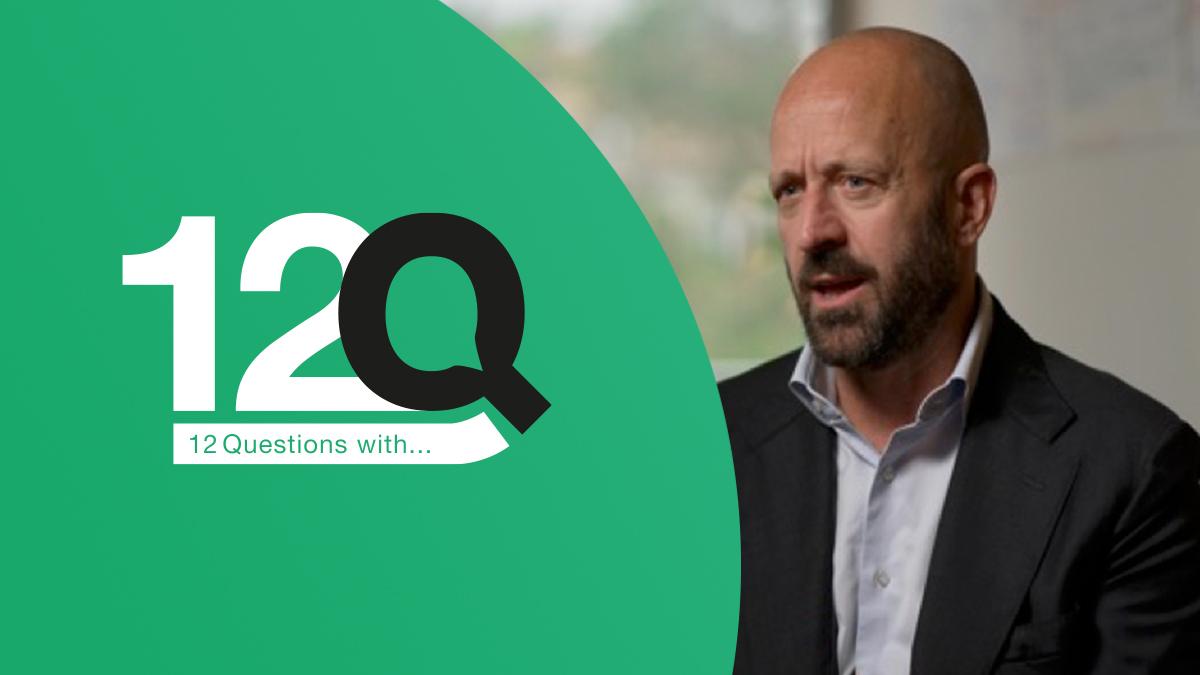The value of coaching as part of an organisation’s DNA

Training can be a bore; dull, predictable sessions shoe-horned into the diary when a meeting room is available or via a virtual session full of muted moments and cross-talk confusion.
The pharma industry has turned the microscope of every aspect of its delivery in the face of era-defining shifts caused by the pandemic, and now it is time focus on coaching staff to perform across a new sales and information-sharing landscape.
The hard truth is that coaching staff to respond to the nuances of new, flexible demands from HCPs remains a backwater, according to experts.
Slick productions to maximise digital opportunities and algorithm-powered insights play a strong role in linking industry campaigns to the healthcare coal face but deeper connections can be mined by making coaching part of an organisation’s DNA.
A critical mind-shift is needed. Coaching has to be a regular function with continuous sessions that can be moulded to specific and current needs rather than clunky, set-piece occasions with limited field influence.
“Progressive organisations realise this and recognise it as an opportunity to teach and develop their people,” says Chris Constandi, a sales and commercial excellence leader, who has worked for Allergan, Novartis and at GSK. “The pharma industry is moving at a much faster pace now so you need to update and advance your approaches – you cannot really wait for the next clear time in the diary for a group get together.
A new whitepaper – The Age of Coaching: How pharma sales teams can face the future with confidence –highlights how empowering a coaching culture and ring-fencing time and resources can generate huge rewards.
The freedom to practice skills and delivery has to be welded into an organisation’s operating structure and managerial staff, from top-down, have to be given the confidence to make coaching a priority, says Michael Cassar, regional sales manager at Galderma, who has a track record with pharmaceutical multi-nationals such as Wyeth, GSK, MSD and Liberty Medical.
“Coaching has to be part of the DNA,” he adds. “It has to start at the top and, if everybody's of the same mindset about wanting to improve and can see the improvements from coaching, then it can be a powerful tool. It can help build team camaraderie with staff being able to benchmark their performances and target improvements.”
Having the right technology, which allows coaching to become part of the everyday, is an important factor in creating change, empowering staff, improving performance and boosting the bottom line.
Marcus West, founder and CEO of 60 Seconds, the leading remote coaching app, believes coaching can help companies prosper providing it is backed by senior executives and that managers are trained to make coaching an essential element of their job.
“More regular coaching using 60 Seconds is inexpensive and effective.",” he says. “There are lots of performance benefits that can be unlocked with a positive approach to coaching.”
Chris Constandi believes that putting coaching as a central strand of DNA can actually alter staff performance and hard-wire in new skills that fit with the changing demands from and availability of HCPs.
“Coaching is underplayed in the pharma industry at the moment,” he says. “Good coaching gives you the ownership and accountability to develop, and helps you build problem-solving skills. From an organisation’s perspective, a positive coaching culture drives better performances from your teams and, ultimately, better results for the organisation.
“There is also a real benefit for the individual who is out in the field. They can become more confident, knowledgeable and respond effectively to HCP requests rather than having to stick to a script or refer back to a manager.”
About the interviewees
 Emma Booth is executive drector global business process and insights lead, R&D strategy and operations at Amgen. Emma is a highly experienced and professional people-development strategist. She has worked in variety of medical affairs roles at Amgen Europe for the past 13 years. She is people-focused from both a team development and skills building perspective; as well as organisational design and implementation of technological solutions and process development.
Emma Booth is executive drector global business process and insights lead, R&D strategy and operations at Amgen. Emma is a highly experienced and professional people-development strategist. She has worked in variety of medical affairs roles at Amgen Europe for the past 13 years. She is people-focused from both a team development and skills building perspective; as well as organisational design and implementation of technological solutions and process development.
 Chris Costandi is a sales and commercial excellence consultant at 60 Seconds. He has worked in the Healthcare industry for over 20 years across a variety of divisions including prescription, medical devices and OTC for organisations such as Allergan, Novartis and GSK in driving a range of transformational sales force effectiveness (SFE) initiatives including capability development, coaching and leadership and key account management.
Chris Costandi is a sales and commercial excellence consultant at 60 Seconds. He has worked in the Healthcare industry for over 20 years across a variety of divisions including prescription, medical devices and OTC for organisations such as Allergan, Novartis and GSK in driving a range of transformational sales force effectiveness (SFE) initiatives including capability development, coaching and leadership and key account management.
 Michael Cassar is regional sales manager at Galderma. Michael has an extensive background as a senior sales manager in the pharmaceutical and medical device industries across ANZ at Wyeth, GSK, MSD, Liberty Medical, Indivior and Galderma . He has worked with many teams to drive superior results in primary care, hospital, specialty, OTC, and devices. With a background in human movement and skill acquisition, Mike’s core expertise is coaching and mentoring his direct reports on their ongoing development and driving a customer engagement mindset.
Michael Cassar is regional sales manager at Galderma. Michael has an extensive background as a senior sales manager in the pharmaceutical and medical device industries across ANZ at Wyeth, GSK, MSD, Liberty Medical, Indivior and Galderma . He has worked with many teams to drive superior results in primary care, hospital, specialty, OTC, and devices. With a background in human movement and skill acquisition, Mike’s core expertise is coaching and mentoring his direct reports on their ongoing development and driving a customer engagement mindset.
About 60 Seconds
60 Seconds is a remote coaching app designed to help users communicate with greater clarity through practice, coaching and measurement. It was built by a coach for coaches to deliver measurable learning momentum. For more information visit: 60seconds.com












